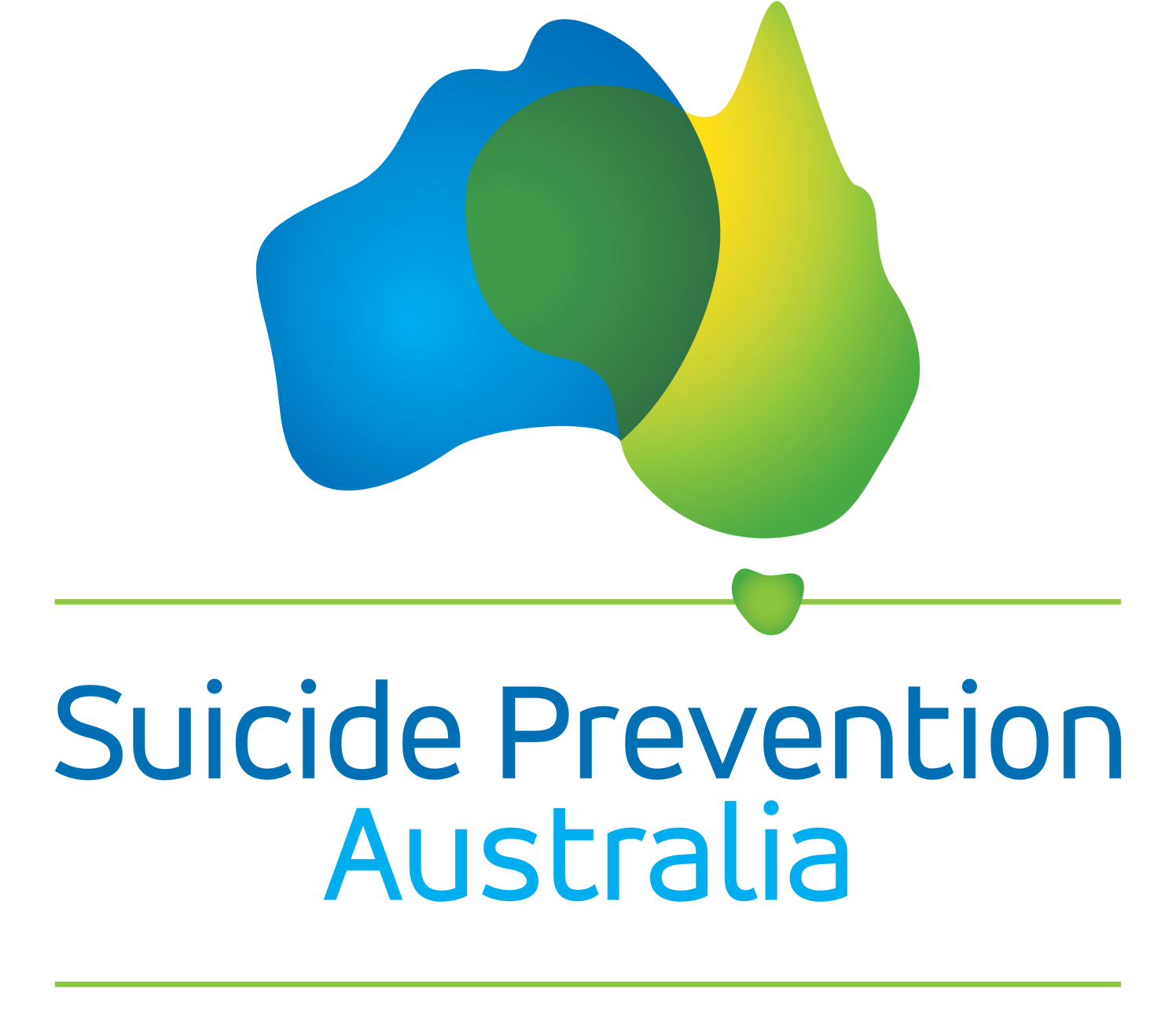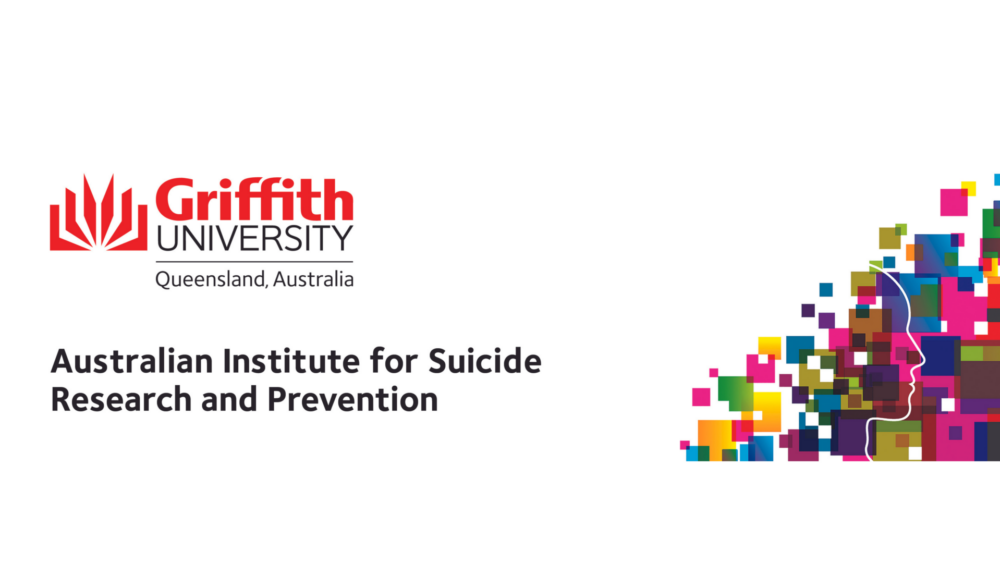The Australian Institute for Suicide Research and Prevention (“AISRAP”) was established as a research centre of Griffith University in 1995 with the aim of promoting, conducting, and supporting comprehensive inter-sectoral programs of research for the prevention of suicidal behaviours. Its forerunner was the Queensland Suicide Prevention Project, originating with Queensland Health as a mortality database in 1990, and moving to AISRAP as the Queensland Suicide Register (QSR) in 1995.
Funded by the Queensland Mental Health Commission, the QSR is one of the most comprehensive suicide surveillance systems in the Australian and Asia Pacific region, and central to many of AISRAP’s research projects. The register has 519 variables and includes information on over 18,500 suspected suicides of Queensland residents from 1990 to 2017. In 2011, AISRAP created the iQSR, a real-time suicide surveillance system, consisting of 95 variables and details of all suspected suicides in Queensland from 2015 to the present week. Most recently, the AISRAP team have provided real-time data about suspected suicides in Queensland to the Prime Minister’s Office, the Suicide Prevention Adviser to the Prime Minister, Federal Health Minister Mr Greg Hunt, the AIHW National Suicide and Self-harm Monitoring System, Queensland Health, and the Queensland Mental Health Commission.
AISRAP has been a designated WHO Collaborating Centre for Research and Training in Suicide Prevention since 2005. As a WHOCC, we contribute to developing technical tools and guidance for suicide prevention, provision of training and education in suicide prevention research and evaluation, and adding to the evidence base in suicide prevention through research and systematic reviews.
From 2008 to 2016, AISRAP was the National Centre of Excellence in Suicide Prevention (NCESP), funded by the Commonwealth Government’s Department of Health and Ageing (now Department of Health). NCESP played a key role in the Australian Government’s National Suicide Prevention Strategy by providing advice on evidence based best practice, bi-annual reviews of recent advances and promising developments (“Selected Readings” series), evaluation of suicide prevention programs and analyses of the credibility and implications of national and international data on suicide.
AISRAP also provides education and training for health and allied professionals, including the Systematic Tailored Assessment for Responding to Suicidality (STARS) training protocol. Offering postgraduate programs in suicidology in 2001 was a world first. In addition, AISRAP runs the Life Promotion Clinic at Griffith University, the first outpatient facility in Australia focused on providing specialised treatment to people with a history of suicidal behaviour.
In 2018, AISRAP became an organisational unit within Griffith’s School of Applied Psychology. Our research and activities include collaboration with government, community, national and international stakeholders and lived experience, for example:
- Suicidology Post Graduate Curriculum: Priority Topics and Delivery Mechanisms for Suicide Prevention Education
- Factors Associated With Workplace Bullying and the Mental Health of Construction Industry Apprentices: A Mixed Methods Study
- Developing an Intervention for Suicide Prevention: A Rapid Review of Lived Experience Involvement
- Gatekeeper Training and Minimum Standards of Competency: Essentials for the Suicide Prevention Workforce
- Real-time suicide mortality data from police reports in Queensland, Australia, during the COVID-19 pandemic: an interrupted time-series analysis
- Suicide rates for young Aboriginal and Torres Strait Islander people: the influence of community level cultural connectedness
- Use of Kids Helpline by Children and Young People in Australia During the COVID-19 Pandemic
In 2021 AISRAP celebrated its 25th birthday with a special Webinar.

